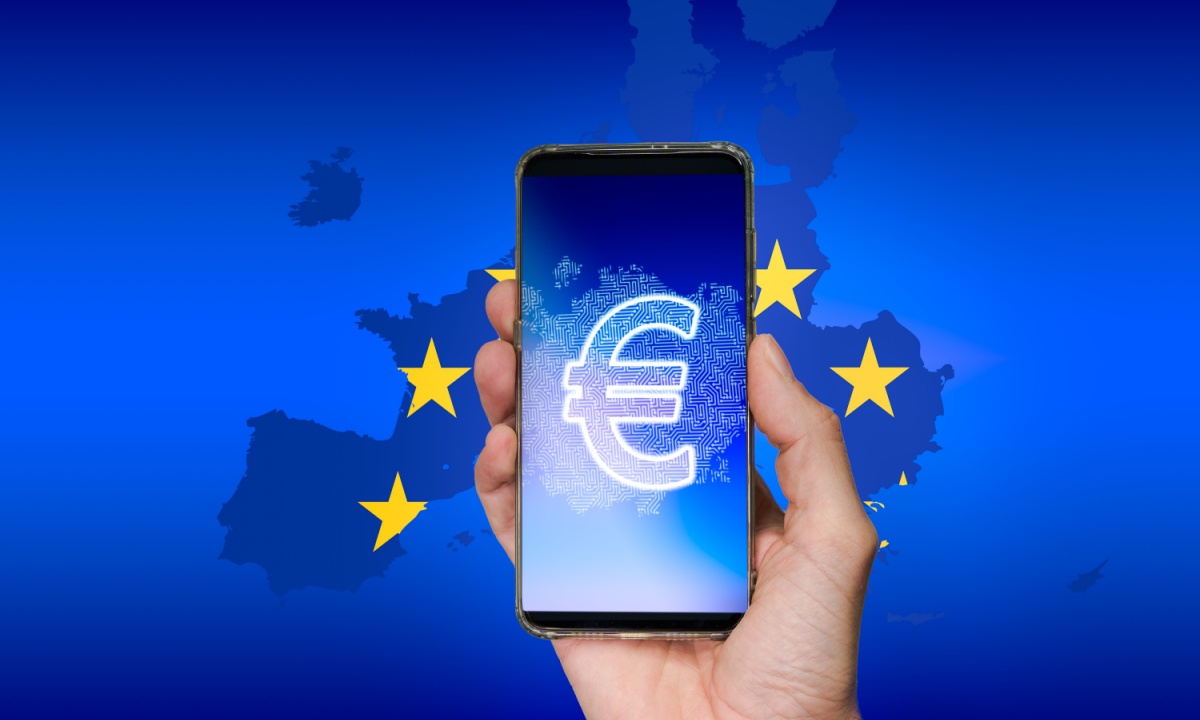A digital euro could be rolled out in the middle of 2029, European Central Bank Executive Board Member Piero Cipollone reportedly said Tuesday (Sept. 23).
Speaking at a Bloomberg Future of Finance event in Frankfurt, Cipollone said the effort to create a digital euro had a “major breakthrough” last week when relevant finance chiefs reached an agreement on how to set customer holding limits, Bloomberg reported Tuesday.
The effort now has momentum, Cipollone said, according to the report.
The European Parliament, whose legislation is required to enable the digital euro, is set to receive a progress report on the initiative on Oct. 24 and could vote on the required legislation by May 2026, Cipollone said, per the report.
It was reported Sunday (Sept. 21) that European Union finance ministers agreed on a roadmap for launching a digital euro backed by the European Central Bank and that their input was considered crucial to assuage fears that a digital currency could lead to a run on traditional bank deposits.
In February, it was reported that the European Central Bank was hoping that progress on legislative approval for a digital euro would be spurred by U.S. President Donald Trump’s endorsement of dollar-pegged stablecoins.
Advertisement: Scroll to Continue
The European Commission put forward digital euro legislation in June 2023, but progress had been sluggish.
Cipollone said in the February report that Trump’s support for stablecoins tied to the U.S. dollar introduced another American-driven financial tool and increased the urgency to move forward with a digital euro.
In March, it was reported that European Stability Mechanism Managing Director Pierre Gramegna said that Europe’s monetary autonomy and financial stability could be threatened by the Trump administration’s interest in cryptocurrencies and dollar-denominated stablecoins.
Gramegna said that in light of the change in the U.S. perception of digital currencies, the ESM believed that “this digital euro is today more necessary than ever.”
Cipollone said Sept. 4 that the European Union should accelerate its efforts to introduce a digital euro, in part because this technology would support resilience and inclusiveness.
A digital euro would complement physical cash, which remains essential for resilience and inclusion, and would provide another universally accepted means of payment, Cipollone said.
“In an increasingly digital world exposed to new geopolitical and operational risks, we must protect the euro’s availability for all Europeans at all times,” Cipollone said.
